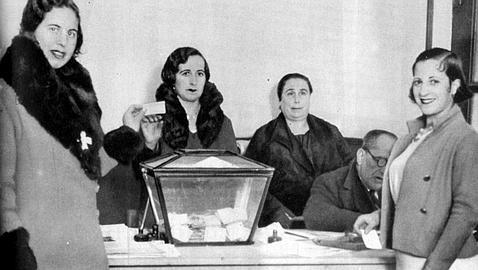Les primeres dones als col·legis electorals en la província de Girona (1933)

Aquest conjunt de dades inclou les primeres dones que van ser seleccionades com a membres de mesa electoral a la província de Girona en les primeres eleccions després del sufragi femení a Espanya. Les dades es van recollir a partir de fonts arxivístiques originals (Butlletins Oficials i actes electorals) i van ser una de les principals motivacions de l’article Working for Democracy.
El conjunt complet de dades d’aquest article es pot trobar al Harvard Dataverse.
Vall-Prat, Pau; Rodon, Toni (2025) Working For Democracy: Poll Officers and the Turnout Gender Gap. British Journal of Political Science, 55. Abstract
What factors contribute to closing the turnout gender gap after female enfranchisement? In the wake of franchise expansion, we test whether being a poll officer—and hence being exposed to election management—boosted the politicisation and mobilisation of women. In the context of the Spanish Second Republic (1931–1939), we exploit a lottery that assigned recently enfranchised women to be poll officers in the first election women were allowed to vote (1933). We use an original individual-level panel database and show that women randomly selected as polling officers were as likely to participate in subsequent elections than men, while the gender turnout gap persisted among the rest. Further analyses suggest that being poll officers made women more receptive to political organisations mobilisation strategies, and their presence had positive externalities by encouraging other women to participate. Our findings highlight the potential benefits of exposure to election engineering among groups previously excluded or less engaged with democracy.

